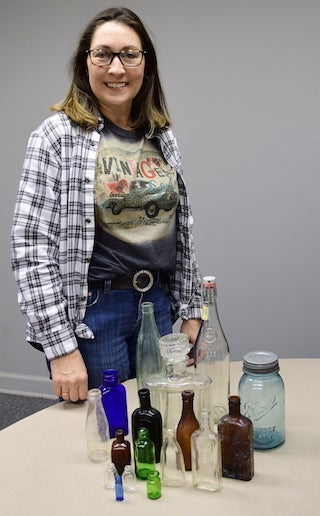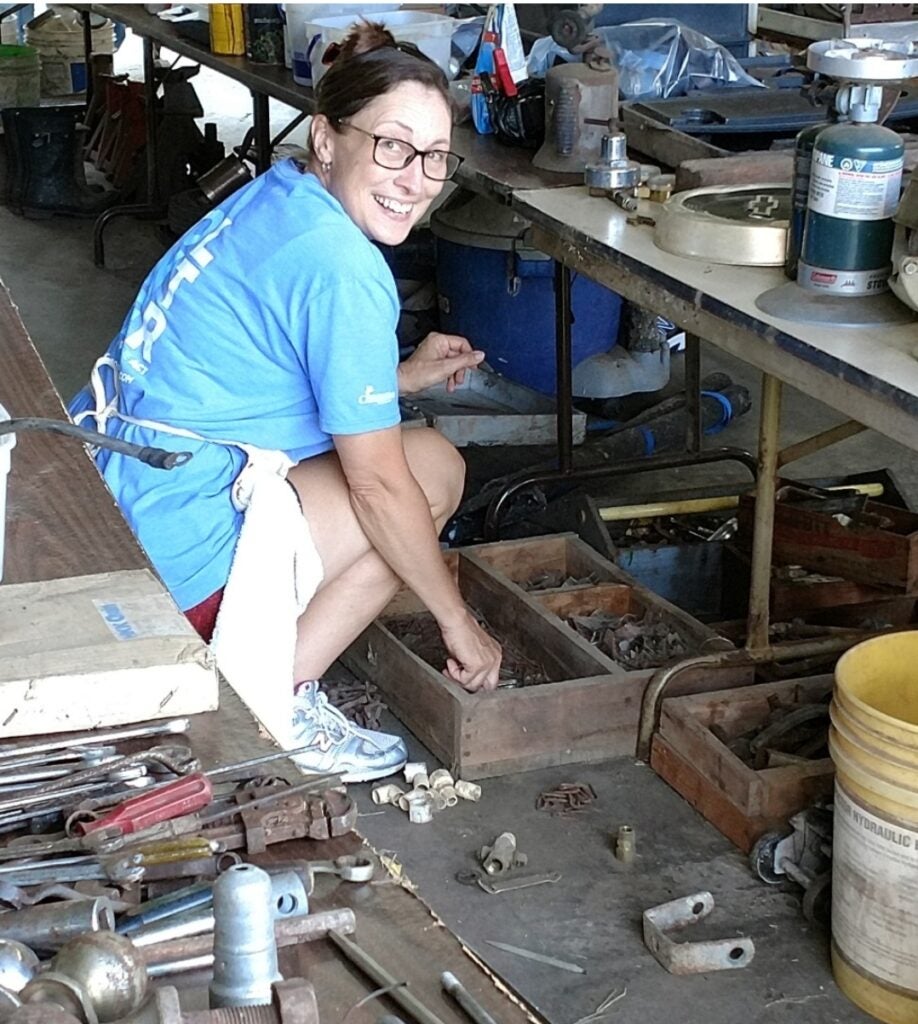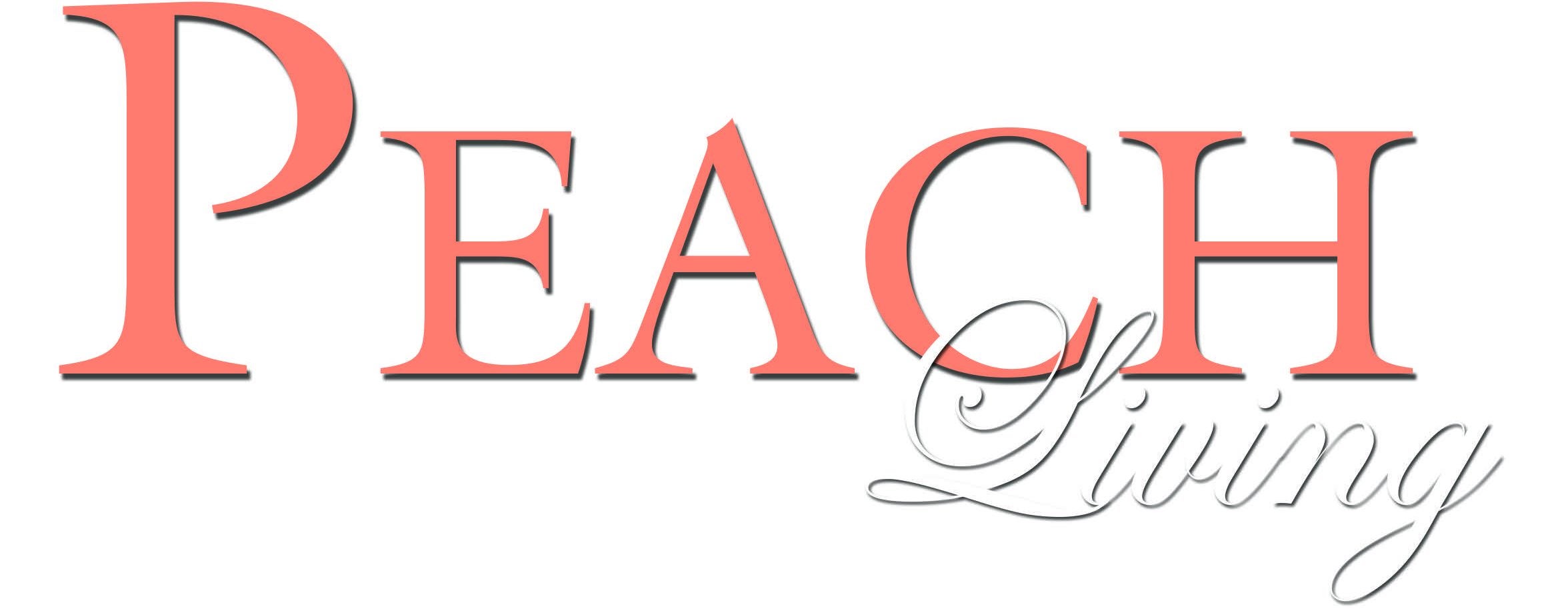STORY BY JOYANNA LOVE
PHOTOS BY JOYANNA LOVE AND CONTRIBUTED
Treasure hunting is not just fiction for Susan Cornelius.
Instead it is a hobby, which has turned into a business, often called picking.

WHAT IS PICKING?
“It involves hunting, sorting, collecting, cleaning,” Cornelius of Cornelius Farms said. “Some pickers have a particular item they like to look for and others are pretty wide open. It involves looking through old barns, going to estate sales or maybe even looking in springs and creeks.”
Treasure can be found anywhere if one knows what they are looking for.
“The search and the thrill of the find is what it is all about,” Cornelius said. “… Finding something
unique and being able to find out a little bit more about it and what it was used for is what it’s all about.”
Cornelius said she has looked for items throughout the United States.
GETTING STARTED
What a person enjoys naturally leads to what they would enjoy finding and collecting.
“Stay with what you know,” Cornelius said. “… Maybe somebody has an interest in art or it may be in cameras or in old metal, whatever they enjoy, and they know a lot about, start with that first.”
Learning from those who have been picking for years helps those just starting out from getting discouraged.
“That’s what I attribute a lot of my success to is being around other successful people and learning from them, then turning around and helping other people,” Cornelius said.
She said once someone gets good at finding what they like to collect, they can move on to other things.
A lot of research is also involved.
As a child in Selma, Cornelius would go to yard sales with her father and started to enjoy finding things that piqued her interest.
“As I got older, I found that I liked to collect things, and I found a way to also make a living at it, which was even better,” Cornelius said. “Getting to do something that you enjoy every day is exciting.”
She developed an interest in vintage household items, such as things she had seen her grandmother use in the kitchen.
Thrift stores, yard sales and estate sales were where she got her start as a picker.
Now, being known as someone who enjoys finding collectible items, she sometimes receives calls from people who have a barn she might be interested in going through.
“Every picker — that’s their dream to get a call like that,” Cornelius said.
Sometimes Cornelius does not just find things in the barn but will
take the barn itself.
“I do try to salvage pieces, like if we have a barn we are taking down, if I can find old wood or even rusty pieces of metal, things like that, that is always the goal to be able to reuse something like that,” Cornelius said.
These salvaged pieces get a new life as small pieces of furniture or décor.
Looking behind these old barns can lead to a pile of things that were meant to get rid of that are collectible like glass jars.
In collecting glass jars, Cornelius enjoys a variety of shapes and sizes. Colored glass is also a fun find.
“Especially if I can find something with wording or a logo, I really like to keep those because it gives you a point of research to start,” Cornelius said.
She said an internet search of the company name will usually bring up good information.
Some of Cornelius’s glass collection has been found in the banks of streams.
Traditional Mason jars are also collectible because they came in numbered sets.
A number 13 jar is a little more collectible.
“Although not rare, they are a little harder to find,” Cornelius said.
This number in the set was often broken “because they were superstitious, and they thought that number 13 was unlucky,” she said.

EXCITING FINDS
Sometimes Cornelius is not sure how collectible or valuable something is until she has researched the item.
A gold ring that had been used to attach a photo to a velvet ribbon was just a little different than the other connecting rings on the ribbon.
“It turned out that it was a 14-karat gold wedding band,” she said.
The ring had been made by Ostby & Barton.
“The company that made the ring had ties to the Titanic,” Cornelius said. “When I researched the company, they made jewelry up until the 1950s.”
The owner and his daughter had been on the Titanic. The father died, but the daughter survived and took over the business.
She said the ring is not really expensive, but it was a good find because of the story.
During continual searching and dead ends, it is pieces with stories like this that keep Cornelius
and other pickers enthusiastic about the search.
She described the ring as “one of her most exciting finds.”
“There are a lot of small successes along the way,”
She encouraged those just starting out “not to get discouraged.”
“You have to be prepared for a lot of hard work,” Cornelius said. “You have to be prepared to go through a little dust and get a little dirty.”
Cornelius has also enjoyed collecting crocks and churns because she can look for numbers in the set. She likes to use them in decorating her home, especially at Christmas time.
“I like anything that is considered industrial, specifically things that have logos and numbers on them, those usually appeal to me,” Cornelius said.
RESTORE?
Whether or not to restore one’s treasures is always a question. Cornelius said this is something a collector develops an eye for.
“There is a trial and error to many things,” Cornelius said. “I do like to leave them as much as I can in their original condition, but … most things are going to need cleaning and things like that.”
If something is beyond repair, Cornelius likes to use the piece to create something new.
HOBBY TURNED BUSINESS
“There is a learning curve to find out what is collectible to other people if you are interested in selling,” Cornelius said
Cornelius said picking is not “a get rich quick” kind of thing.
“If you are looking to retire off of something this is probably not the field for somebody, but it is the thrill of the find,” Cornelius said.
In developing her business, Cornelius started paying attention to what was selling and what other people would be interested in having for their collections.
She said making picking a business more than a hobby should be started on a part-time basis.
“What you put into it is what you are going to get out of it,” Cornelius said. “If you want this to be your full-time business, where this is your full-time income, you need to set goals and know why you are doing what you are doing, because when it does get tough and get hard, you can always go back to that and look to see. What is it that drives you?”
Whether one’s backyard, an old barn or a second-hand shop, an unexpected find could be just around the corner.
